
Mayor Karen Bass’s charity skips working Americans, data suggests
Less than 1% of aid recipients from the official charity of the office of Los Angeles Mayor Karen Bass reported receiving the earned income tax credit, leading Republican leaders to wonder why so much of the charity’s aid is going towards non-working households.
According to a report from Loyola Marymount University studying the impact of the mayor’s “We Are Los Angeles” eviction legal aid program, only 0.3% of surveyed aid recipients reported receiving the earned income tax credit for working households legally in the United States.
“This entire report raises more questions than it answers, including, why are we using public money to support people who won’t even try to help themselves?” said Republican Party of Los Angeles Chair Roxanne Hoge in an interview with The Center Square. “It’s shocking but not surprising to see that only 0.3% of the recipients of legal aid received an earned income tax credit — to get that you need to be a working household legally in the U.S. Mayor Bass seems dedicated to helping everyone but American citizens.”
Mayor’s Fund for Los Angeles Director of Communications Gloria de Leon did not deny the 0.3% EITC figure, emailing The Center Square, “Regarding the 0.3[%] EITC figure, most of the eligible tenants who come to us facing eviction and qualify for the Earned Income Tax Credit are already receiving it.”
The “We Are Los Angeles” program reaches out to City of Los Angeles residents who receive eviction notices, with contact through direct mail, door-to-door outreach, phone calls, and community events. “We Are Los Angeles” case workers provide “assistance with accessing government and charitable services,” including “CalWorks, CalFresh, and earned benefits like the Earned Income Tax Credit.” “We Are Los Angeles” also helps individuals and families “respond to eviction notices” and connect to legal services.
The Mayor’s Fund for Los Angeles operates a combination of donated private and public funds, and spent $6.4 million in 2024. The “We are Los Angeles” program’s top donations include $1.8 million from LA Health Care Plan, a local public agency administering Medi-cal and Medicare to Los Angeles County residents, $1.5 million from the Bob and Dolores Hope Foundation, and $1.3 million from Health Net, a Medi-Cal and Medicare provider.
The Mayor’s Fund fiscal year 2024 report notes that it received $1.8 million from public agencies out of its total $8.5 million in contributions for that period.
The LMU report, which surveyed 677 “We Are Los Angeles” beneficiaries, also found 48% of aid recipients reported having no job.
According to a spokesperson for the Mayor’s Fund, the program saves taxpayers money by reducing the need for emergency services, and serves any individuals in need, regardless of employment status.
“Our services are available to anyone in Los Angeles facing eviction – regardless of their current employment status,” continued de Leon. “This intervention keeps individuals, families housed, reduces taxpayer burden, and costs far less than emergency services for those who become homeless.
While its data source was not public, estimates on the Mayor’s Fund website say “Every person prevented from becoming homeless saves taxpayers an average of $62,000 per year,” and “Homeless individuals facing mental, physical, or behavioral health issues cost taxpayers nearly $110,000 per year.”
Latest News Stories
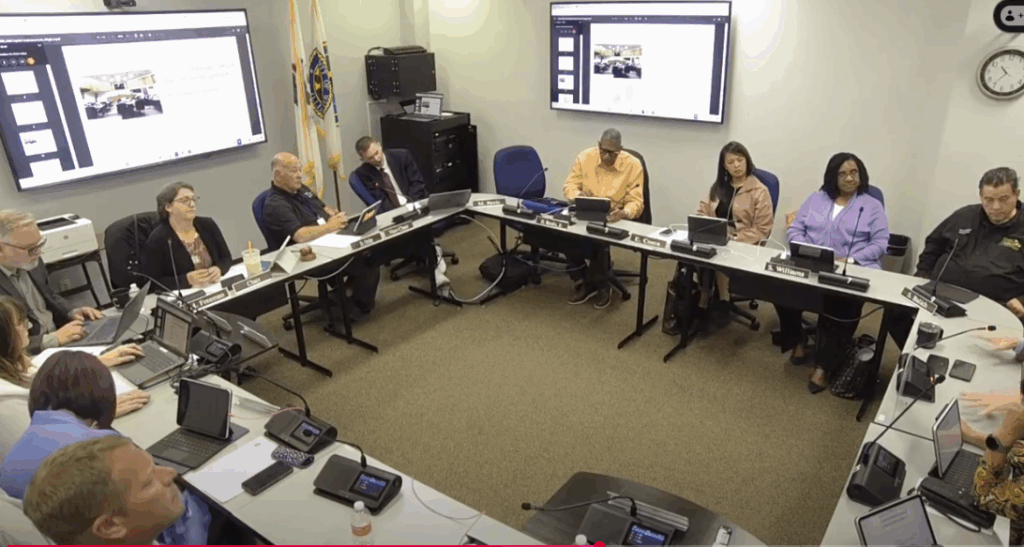
Renovations at Veterans Assistance Commission and Court Annex on Track for Winter Completion
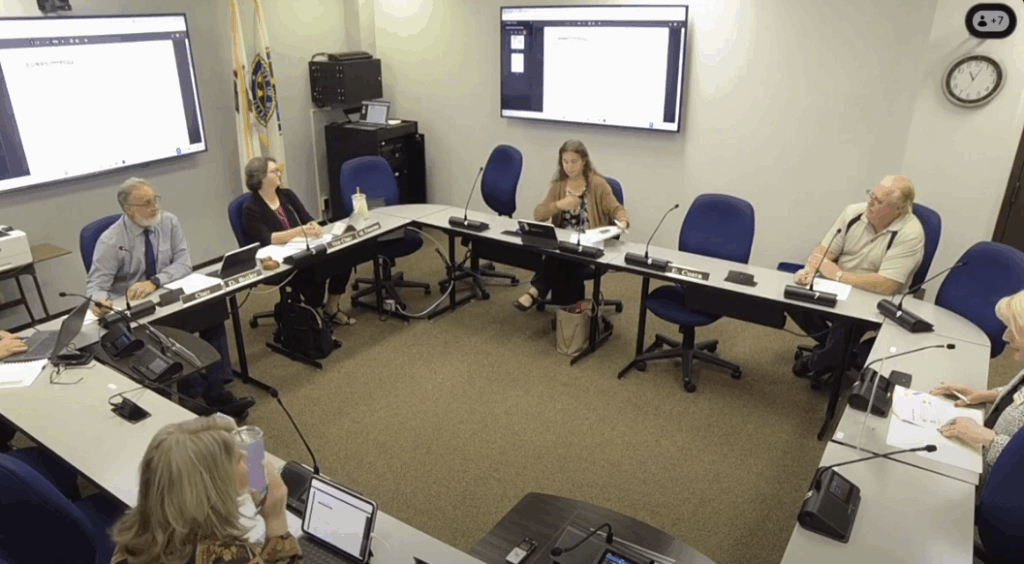
Will County Considers First Update to Wastewater Ordinance Since 2016
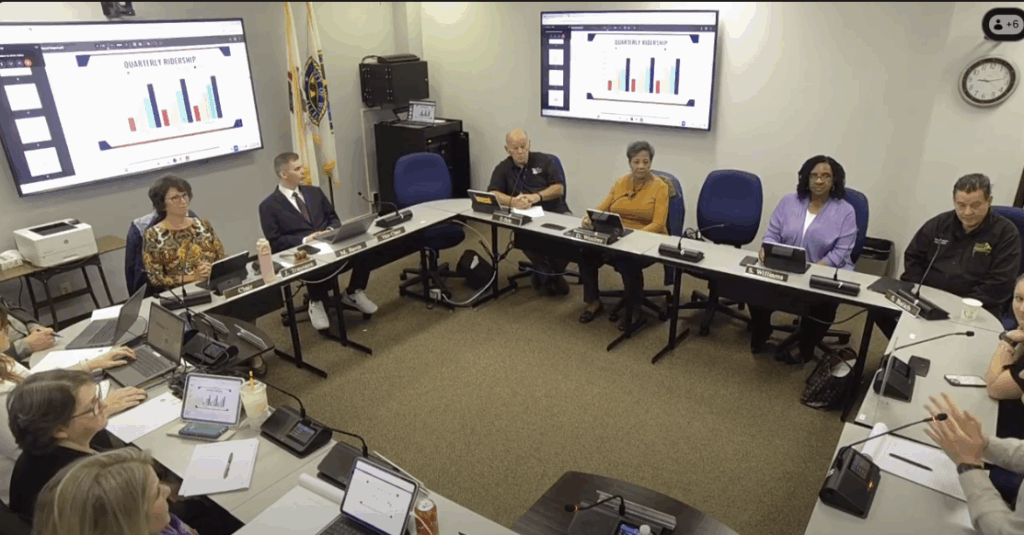
IDOT Plans to Invest Over $1.3 Billion in Will County Roads Through 2031

Everyday Economics: Data blackout: Why the growth narrative doesn’t hold up

Appeals Court rejects Trump administration bid to lift TRO in Illinois

Those doxxing, threatening ICE agents, arrested, indicted

‘The Art of the Heal’: How TrumpRx, most-favored nation pricing, Big Pharma intersect

GOP stands up for U.S. military strikes on suspected drug boats
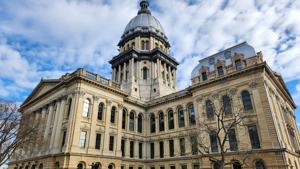
IL lawmakers could address energy prices, transit, taxes during veto session
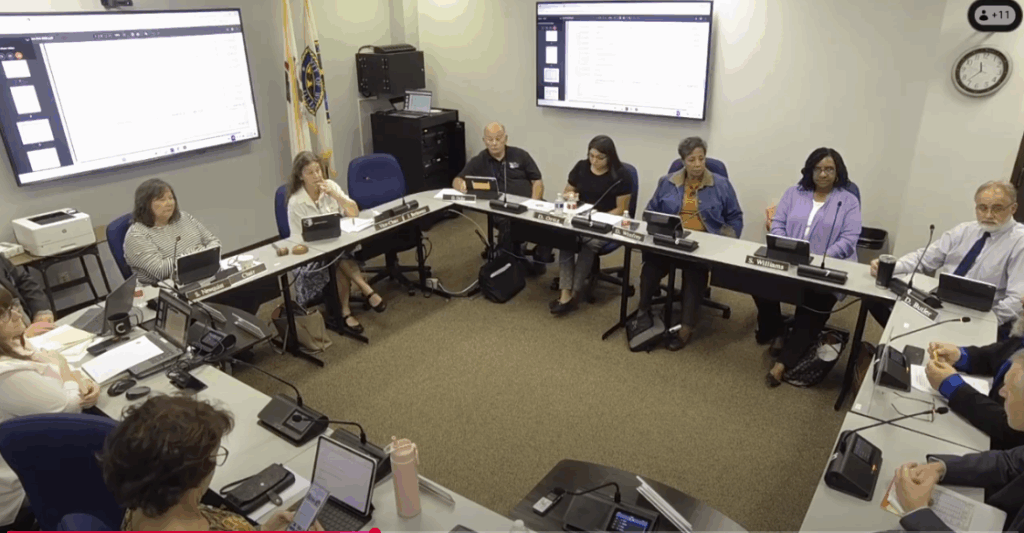
Committee Advances 50% Increase in Mental Health Levy on 4-3 Vote
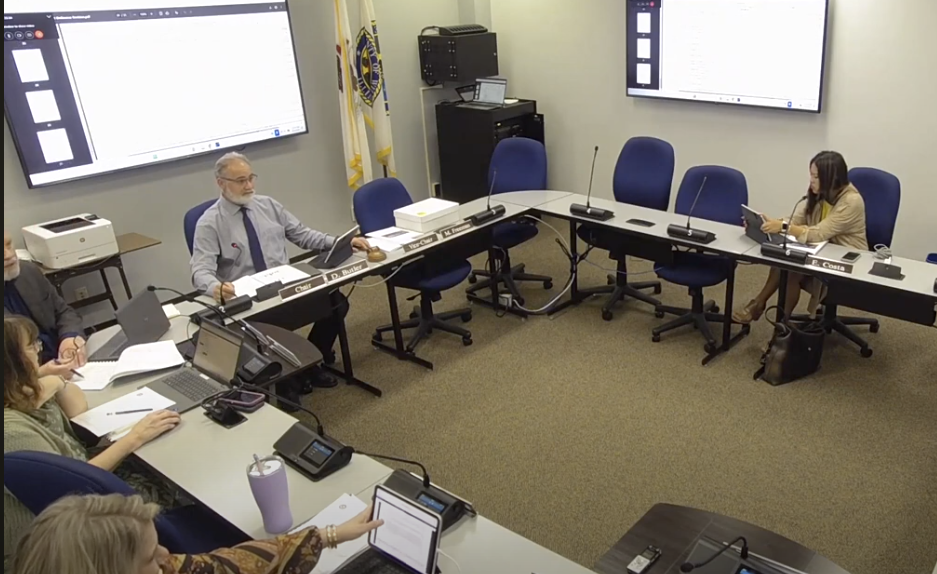
Will County Poised to Launch Major Mental Health Initiative Based on Joliet Program’s Success
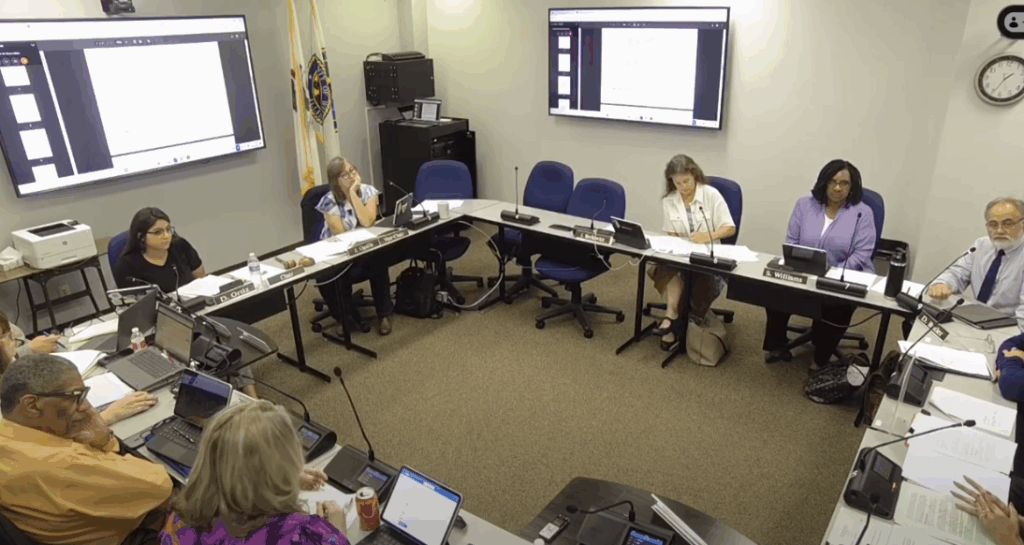
Looming State Energy Bill Threatens to Further Limit County Control Over Solar and Wind Projects
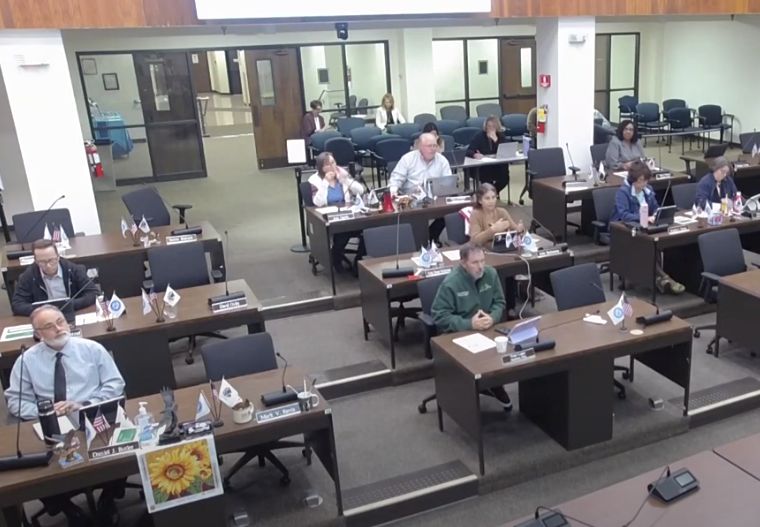
Controversial Immigrant Rights Resolution Postponed by Will County Board After Heated Debate

Trump says US troops will get paid Oct. 15 despite funding lapse
